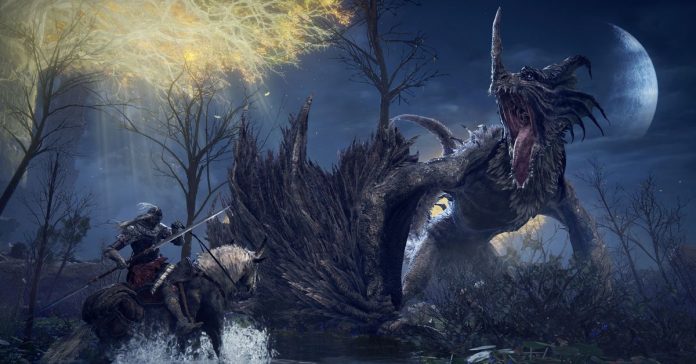FromSoftware’s Elden Ring isn’t just a game; it’s an experience that redefines open-world exploration and challenges the conventions of the action RPG genre. Released to critical acclaim, Elden Ring transports players into the Lands Between, a sprawling, intricately designed world that is as mysterious as it is beautiful.
What sets Elden Ring apart from other open-world games is its emphasis on player discovery and freedom. Unlike many contemporary titles that overload players with quest markers and linear progression, Elden Ring encourages organic exploration. Hidden caves, towering castles, and forgotten ruins lie in wait, each holding secrets and formidable foes. The world feels alive, shaped by the remnants of a once-glorious age and haunted by lingering threats.
Combat in Elden Ring is a refined iteration of FromSoftware’s signature formula. It rewards patience, precision, and adaptability, offering a deep and rewarding experience for those willing to learn. Players can customize their playstyle through an expansive array of weapons, spells, and abilities. The bosses are brutal yet fair, embodying the series’ ethos of “learn through failure.”
Beyond its mechanics, Elden Ring shines in its narrative delivery. Written in collaboration with George R. R. Martin, the game’s lore is rich and layered. The fragmented storytelling invites players to piece together the history of the Lands Between, creating a sense of personal investment in its world.
Elden Ring is not just a game; it’s an odyssey that captivates and challenges in equal measure. It stands as a testament to what video games can achieve when artistry and game design converge.

